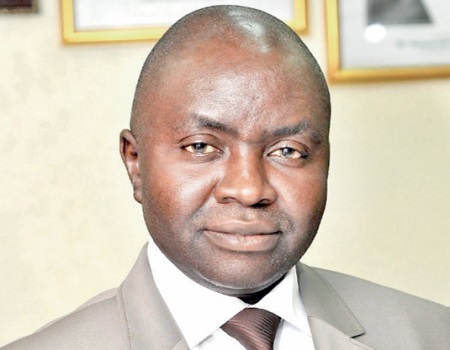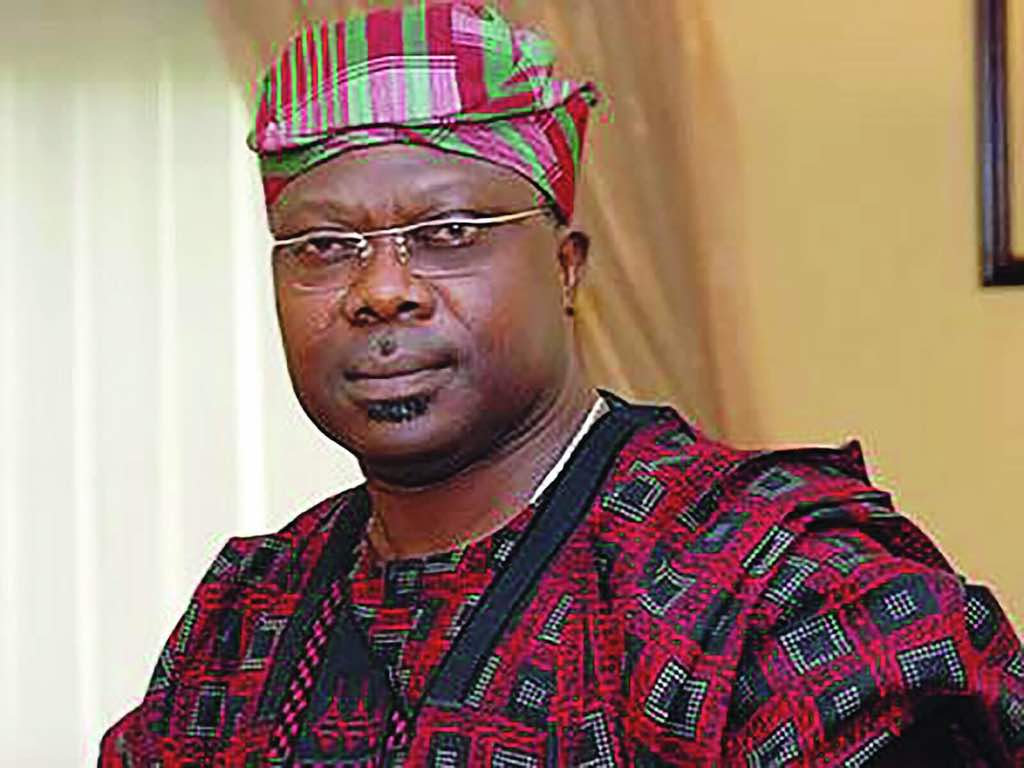[ad_1]
The fall in Nigeria’s third quarter (Q3) 2022 real Gross Domestic Product (GDP) growth to 2.25 percent has been attributed to the diverse headwinds that have been bedeviling the country’s economy, and recommendations given to grow the economy.
Dr Muda Yusuf, Chief Executive Officer, Centre for the Promotion of Private Enterprise (CPPE) in his comments on Q3 2022 GDP growth enumerated the headwinds to include: “macroeconomic instability, heightening inflationary pressures, currency depreciation, foreign exchange illiquidity, surging energy cost, weakening purchasing power, legacy structural constraints, lingering insecurity, and crippling trade facilitation issues”.
In his recommendations to fix the economy and address the anomaly in sectors that are in recession, and those that slowed and contracted, he urged the authorities to put in place reforms and intervention measures to check the macroeconomic headwinds of high inflation and currency volatility.
Dr. Yusuf said, “to fix the economy and address sectors that are in recession, sectors that slowed and those that have contracted, there is a need to put in place reforms and intervention measures. Some of the measures recommended include the following:
Fixing the macroeconomic headwinds of high inflation and currency volatility.
“Addressing the structural impediments to production and other economic activities. Reforming the foreign exchange market to inspire investors’ confidence. Addressing the challenges of insecurity. Addressing the challenges of logistics. Taking urgent steps to tame inflation and boost purchasing power of the citizens.
ALSO READ FROM NIGERIAN TRIBUNE
“Accelerate the implementation of the Petroleum Industry Act; reform the monetary policies to facilitate financial deepening in the economy; creative support for small businesses to promote economic inclusion; accelerating efforts to ensure domestic refining of petroleum products; fiscal reforms which prioritize infrastructural development and transparency in the budgetary process”.
Dr. Yusuf pointed out that a striking feature of the Q3 GDP report was the contraction of the manufacturing sector, which shrunk by 1.91 percent, pointing out that this is the first quarterly contraction of the manufacturing sector since 2020 when the economy slipped into recession.
According to him, of greater concern was the slump in the food and beverage sector which contracted by 4.05 percent as this is the first contraction of the sector since the recession of the second quarter of 2020.
“The food and beverage sector is the flagship of the Nigerian manufacturing sector. For several decades, it was the toast of investors in the stock market. The sector contributed N2.2 trillion to GDP in the third quarter of 2022.
“This development is a reflection of a major setback for the Nigerian manufacturing sector which calls for an emergency response by the government. The plunge in the manufacturing sector performance has profound implications for food inflation, food security and employment. The food processing sector has the biggest impact on jobs because of the strong backward integration content and high multiplier effect in the agriculture value chain”, Dr. Yusuf stated.
[ad_2]








